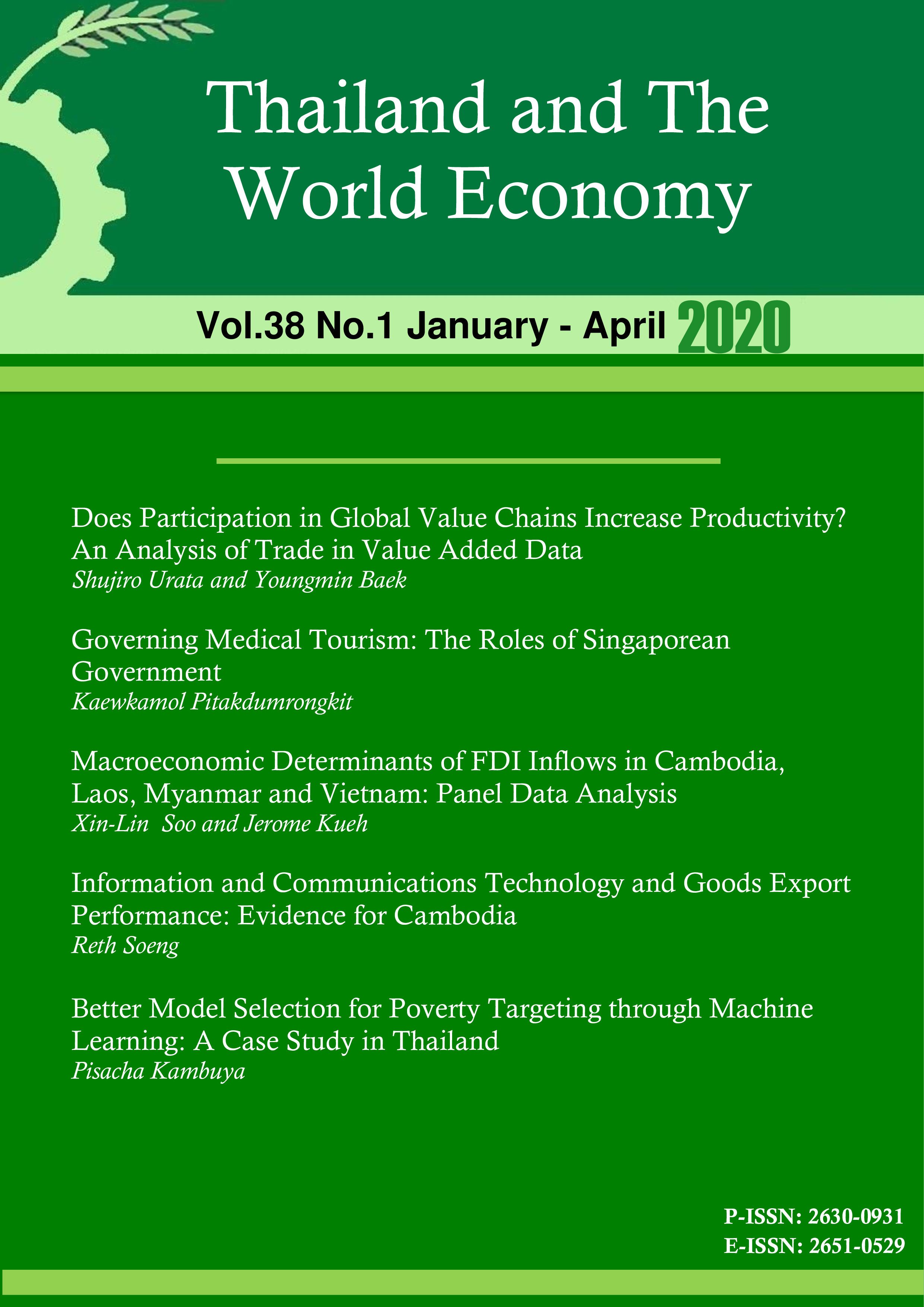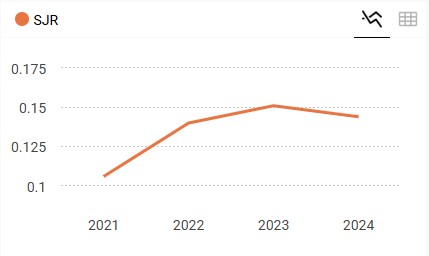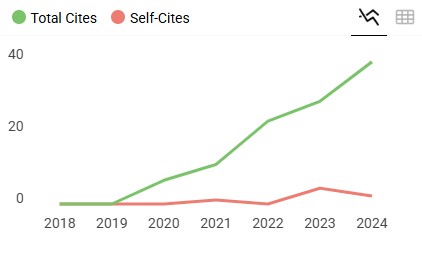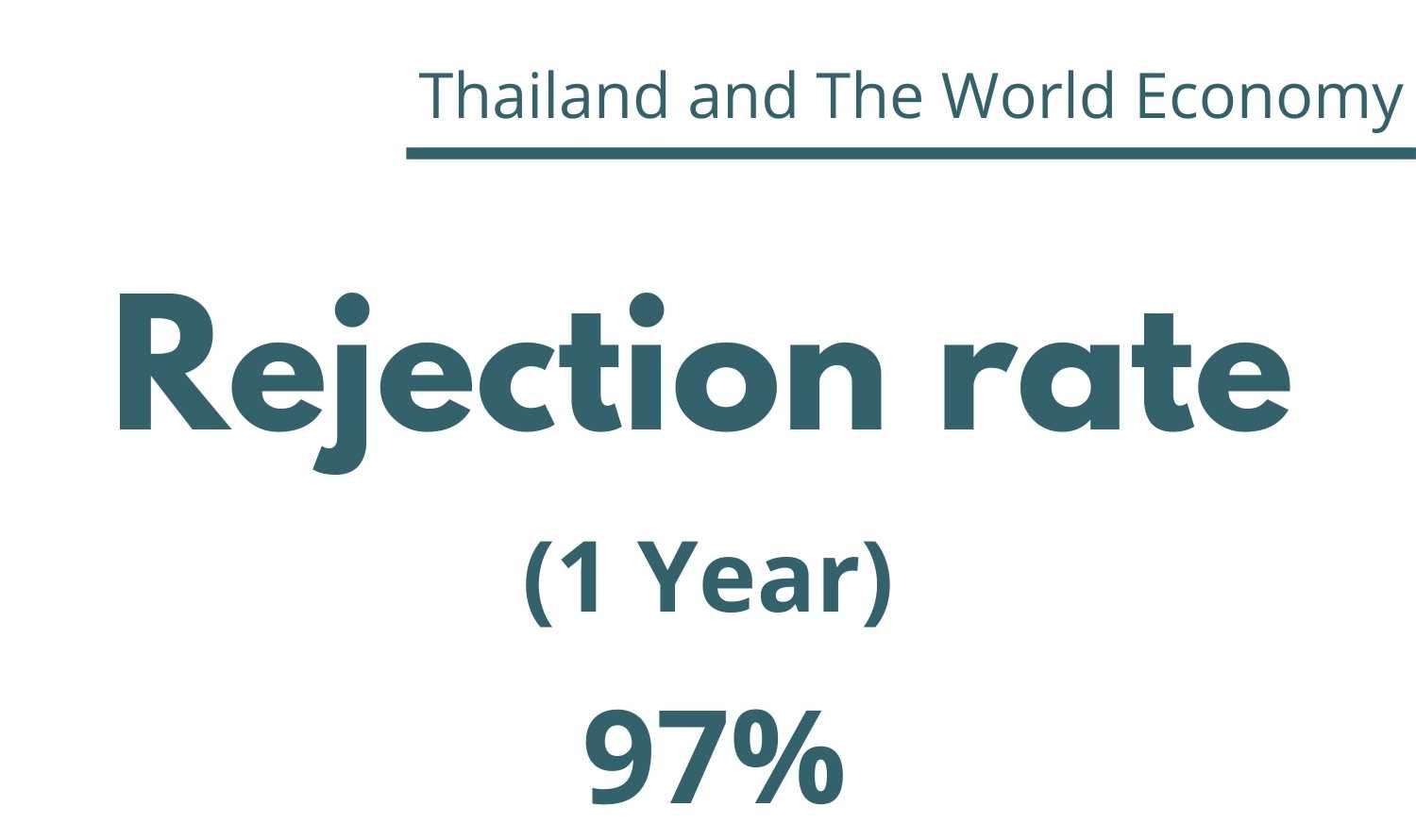Does Participation in Global Value Chains Increase Productivity? An Analysis of Trade in Value Added Data
Keywords:
Global Value Chains, Backward Linkage, Forward Linkage, Total Factor Productivity GrowthAbstract
This paper examines the impact of global value chain (GVC) participation in productivity by considering both backward and forward participation. Conducting a panel estimation covering 47 countries and 13 manufacturing sectors for the period of 1995 to 2011, we found that both backward and forward GVC participation contribute to an increase in the productivity of the countries involved in GVCs. In particular, benefits in the form of improved productivity are larger in cases where developing countries procure intermediate goods from developed countries, or backward participation. Our analysis indicates the importance of GVC participation for improving productivity. We argue that, in order for a country to increase GVC participation, an open, free, and transparent trade and foreign direct investment environment (which is provided by regional trade agreements); well-developed soft infrastructure (e.g. educational and legal systems); hard infrastructure (e.g. transportation and communication systems); and the availability of capable human resources are important.
References
2. Baldwin, R., & Robert-Nicoud, F. (2014). Trade-in-Goods and Trade-in-Tasks: An Integrating Framework. Journal of International Economics, 92(1), 51–62.
3. Baldwin, R., & Lopez-Gonzalez, J. (2015). Supply-Chain Trade: A Portrait of Global Patterns and Several Testable Hypotheses. The World Economy, 38(11), 1682–1721.
4. Constantinescu, C., Mattoo, A., & Ruta, M. (2017). Does Vertical Specialization Increase Productivity?. World Bank Policy Research Working Paper No. 7978, Washington, DC: World Bank.
5. Criscuolo, C., Timmis, J., & Johnstone, N. (2016). The Relationship between GVCs and Productivity. in Background Paper Prepared for the 2016 OECD Global Forum on Productivity, Lisbon.
6. Egger, H., & Egger, P. (2006). International Outsourcing and the Productivity of Low-Skilled Labor in the EU. Economic Inquiry, 44(1), 98–108.
7. Feenstra, R.C., & Hanson, G.H. (1996). Globalization, Outsourcing, and Wage Inequality. Cambridge, MA: National Bureau of Economic Research, National Bureau of Economic Research Working Paper No. w5424.
8. Formai, S., & Vergara C. F. (2015). Quantifying the Productivity Effects of Global Value Chains. Rome: Banca d’Italia.
9. Fuente, A., & Domenech, R. (2000). Human Capital in Growth Regressions: How Much Difference Does Data Quality Make?. Centre for Economic Policy Research Discussion Papers, No. 2466, London: Centre for Economic Policy Research.
10. Giovanni, J.D., & Levchenko, A.A. (2009). Trade Openness and Volatility. The Review of Economics and Statistics, 91(3), 558–585.
11. Grossman, G., & Rossi-Hansberg, E. (2007). The Rise of Offshoring. It’s Not Wine for Cloth Anymore. The New Economic Geography. Effects and Policy Implications. Federal Reserve Bank of Kansas City, Jackson Hole Symposium, 59–102.
12. Kordalska, A., Wolszczak-Derlacz, J., & Parteka, A. (2016). Global Value Chains and Productivity Gains: A Cross-Country Analysis. Collegium of Economic Analysis Annals, (41), 11–28.
13. Kowalski, P., Gonzalez, J.L., Ragoussis, A., & Ugarte, C. (2015). Participation of Developing Countries in Global Value Chains. Organisation for Economic Cooperation and Development Trade Policy Papers No. 179 Paris: Organisation for Economic Cooperation and Development.
14. Kummritz, V. (2016). Do Global Value Chains Cause Industrial Development?. Centre for Trade and Economics Integration Working Paper No. 2016-01. Geneva: Centre for Trade and Economics Integration.
15. Li, B.G., & Liu, Y. (2014). Moving up the Value Chain. Boston, MA: Boston College.
16. Mitra, D., & Ranjan, P. (2007). Offshoring and Unemployment. IZA Discussion Papers No. 2805, Bonn: IZA—Institute for Labor Economics.
17. Stock, J.H., & Yogo, M. (2005). Testing for Weak Instruments in Linear IV Regression. in J.H. Stock, & Andrews, D.W.K. (eds), Identification and Inference for Econometric Models: Essays in Honor of Thomas J. Rothenberg. Cambridge: Cambridge University Press, 80–108.
18. Taglioni, D., & Winkler, D. (2016). Making Global Value Chains Work for Development. Washington, DC: World Bank Publications.
19. Winkler, D. (2010). Services Offshoring and Its Impact on Productivity and Employment: Evidence from Germany, 1995–2006. The World Economy, 33(12), 1672–1701.
20. Winkler, D., & Farole, T. (2015). Global Value Chain Integration and Productivity. World Bank Working Paper No. 102986. Washington, DC: World Bank.










